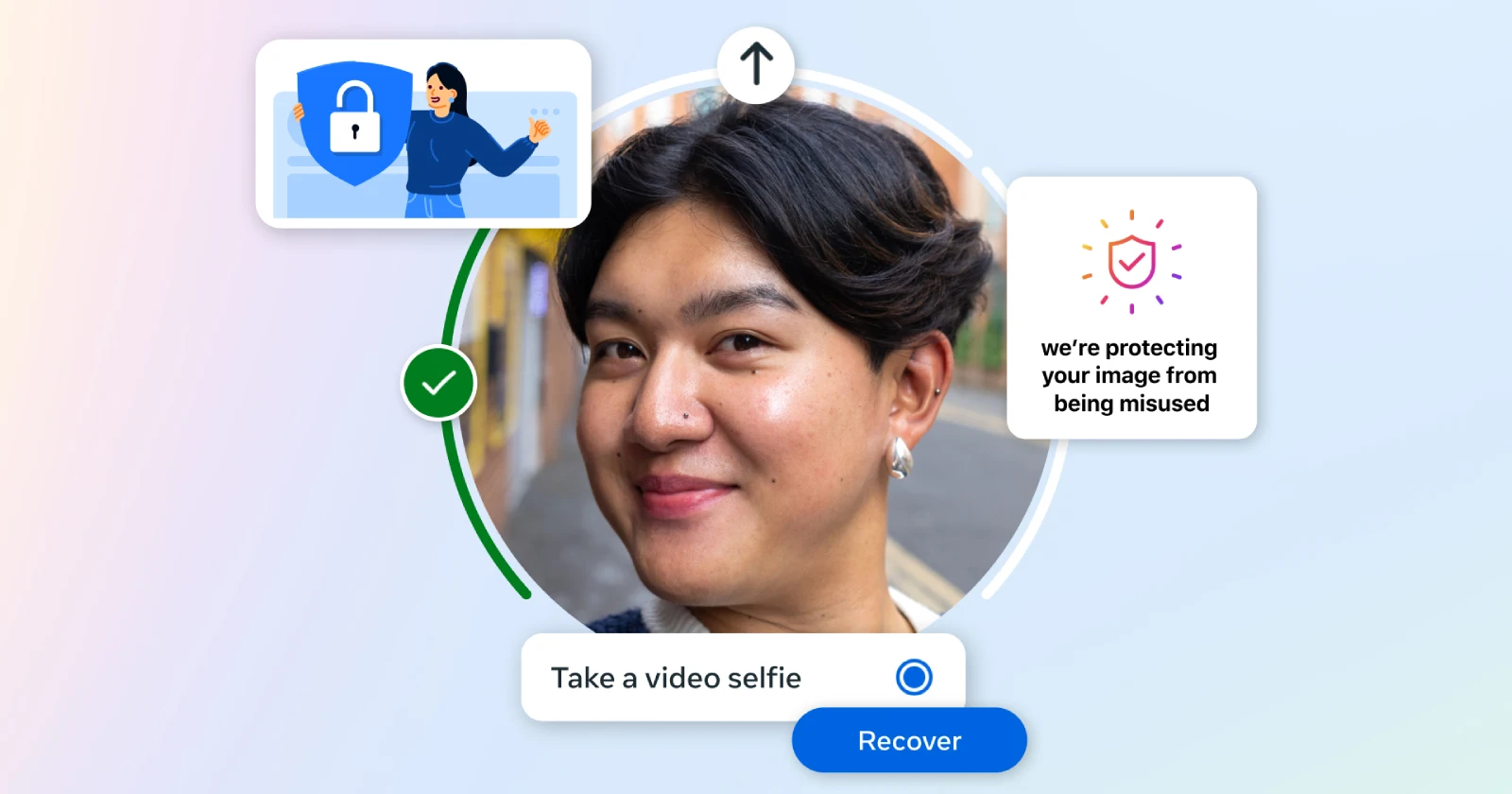You know how Instagram can sometimes feel like a Wild West of hacked accounts and scam ads popping up everywhere? Well, Meta’s finally trying to do something about it, and it’s not just another band-aid solution. They’re bringing out the big guns – facial recognition tech. This update comes amid growing frustrations over hacked profiles and ineffective recovery tools.
Just this week, the owner of the coveted “@javier” Instagram handle lost his 14-year-old account despite having two-factor authentication enabled. Similar to the “@joao” theft last year, the incident happened without warning – no suspicious login alerts, no email notifications, nothing. One moment he was browsing, the next he was locked out.
Javier’s nightmare unfolded quickly. When he tried to log back in, his password was rejected. The recovery email had been changed to an unfamiliar address, and his 14 years of content vanished within hours. The hackers moved his posts to a new account, @javier.typeshi, and his original handle ended up with a hip-hop label CEO who had previously tried to buy the username.
What’s particularly unsettling is Javier’s security setup. He used a password manager, kept his email private, and never shared his two-factor authentication codes. The clean bypass of these security measures points to what he suspects was an inside job – a concern that’s not unfounded, given Meta’s history of firing employees for unauthorized account access.
But it seems things might finally be changing for the better. In response to growing complaints about hacked Instagram accounts, Meta is introducing video selfie verification as a new recovery method. Users who lose access to their accounts, whether due to forgotten passwords or hacks, can upload a short video selfie. Meta’s system will compare the selfie to the account’s profile pictures to verify the user’s identity. As with the ad verification, facial data will be deleted immediately after use.
This new method aims to provide a faster and more secure alternative to document-based verification, which hackers have increasingly exploited. Meta assures users that video selfies will be securely encrypted and not visible to others.
Another major problem being tackled is “celeb-bait” scams. These are ads that feature fake endorsements from celebrities to lure people into sharing sensitive information or making payments. Meta’s systems will now use facial recognition to compare the faces in suspicious ads with the profile pictures of public figures. If a match is found, the ad will be blocked, and the facial data will be deleted immediately after the process, ensuring privacy.
Initial tests with a small group of celebrities have shown promising results. In the coming weeks, Meta plans to expand this protection to more public figures through in-app notifications, although anyone enrolled can opt out at any time via the Accounts Center.
Earlier this year, security researcher Samip Aryal exposed a critical Facebook vulnerability that could have let hackers break into any account through a simple brute-force attack on the password reset system. Meta patched that hole within days. So it’s good to see Meta actively working to prevent scams and unethical takeovers of usernames on its platforms.
For now, Meta is testing these features with a small group before rolling them out widely. The facial recognition system will first protect celebrity accounts from impersonation, with account recovery features following soon after.
Will this finally put an end to Instagram’s account theft nightmare? While it’s a significant step forward, the cat-and-mouse game with sophisticated hackers continues. But at least now, legitimate users have a more robust way to prove they’re the real deal.
TechIssuesToday primarily focuses on publishing 'breaking' or 'exclusive' tech news. This means, we are usually the first news website on the whole Internet to highlight the topics we cover daily. So far, our stories have been picked up by many mainstream technology publications like The Verge, Macrumors, Forbes, etc. To know more, head here.


